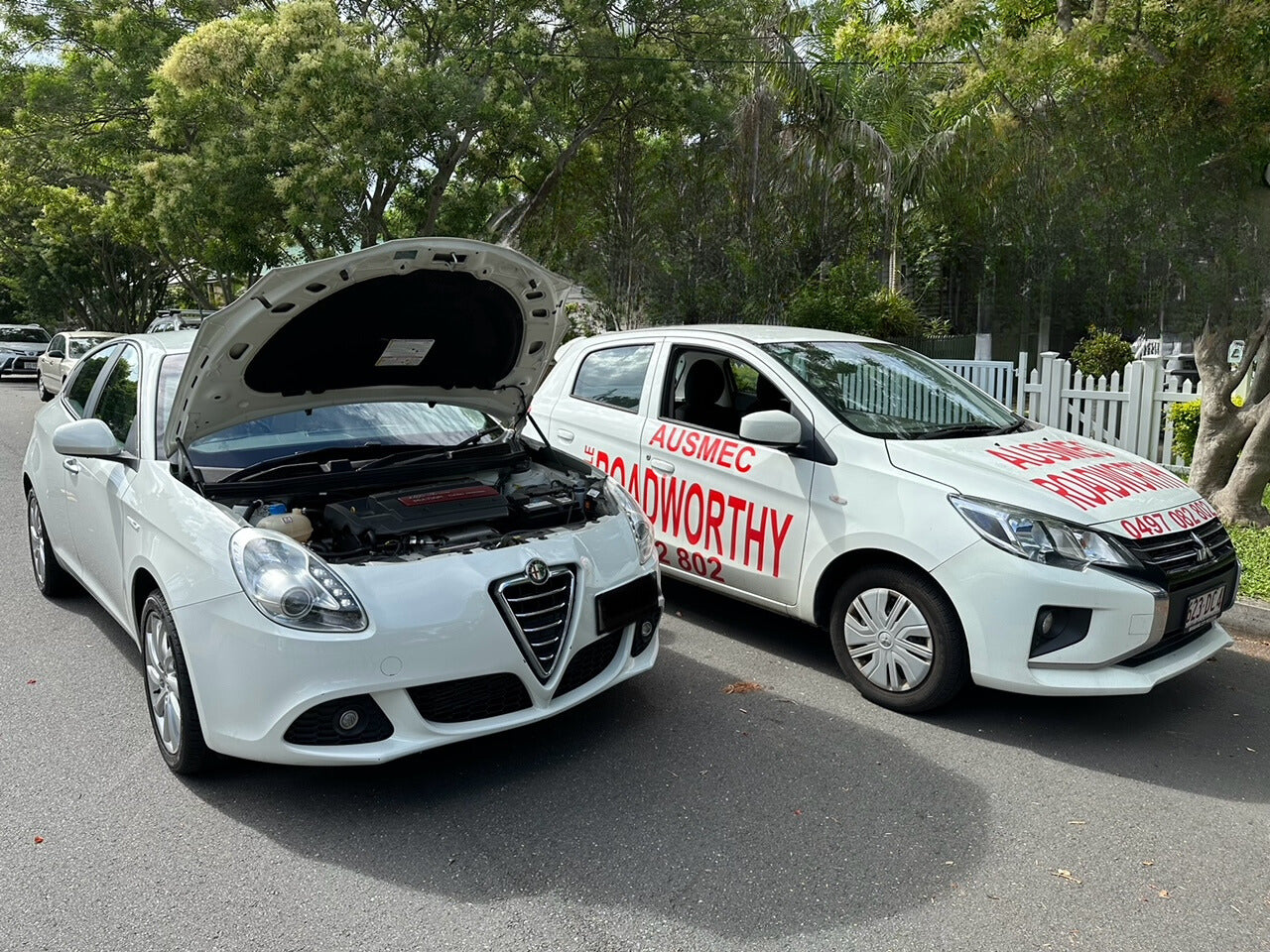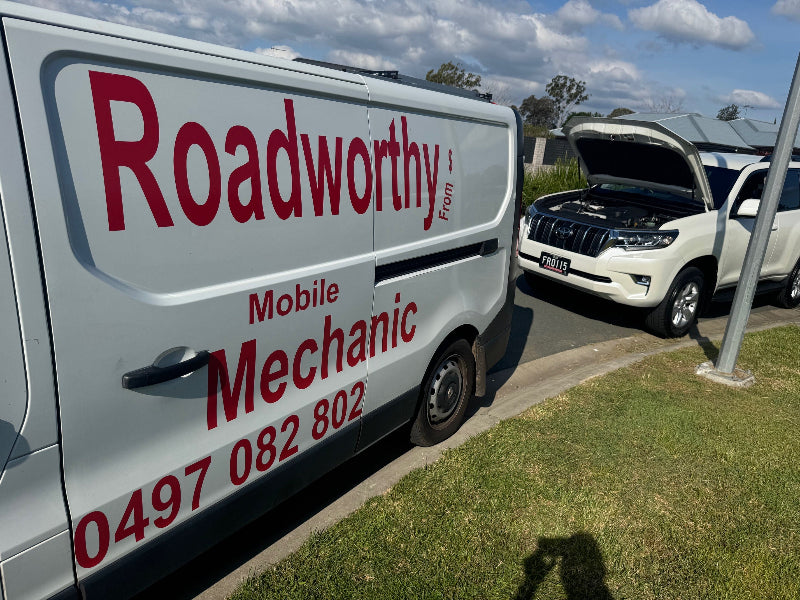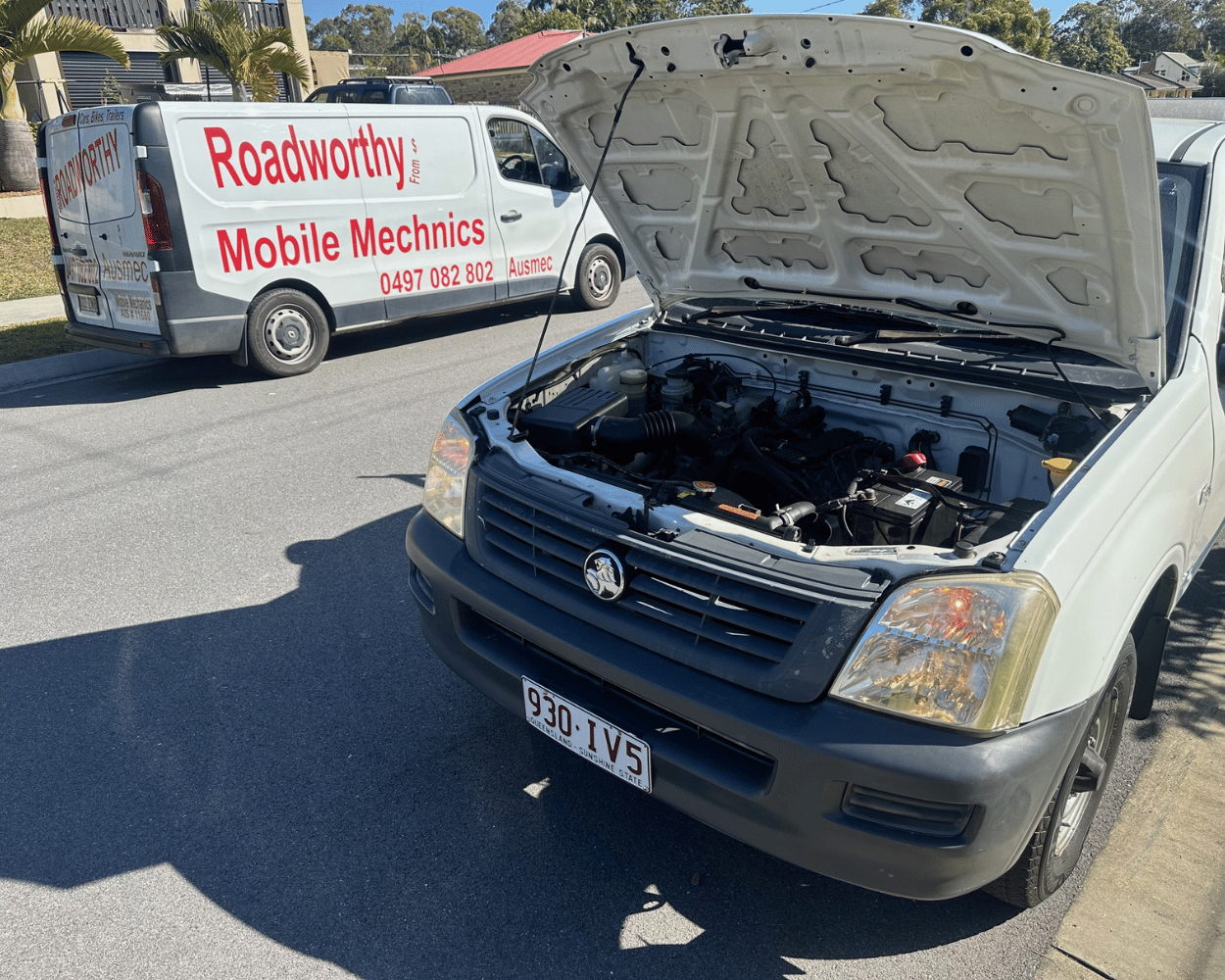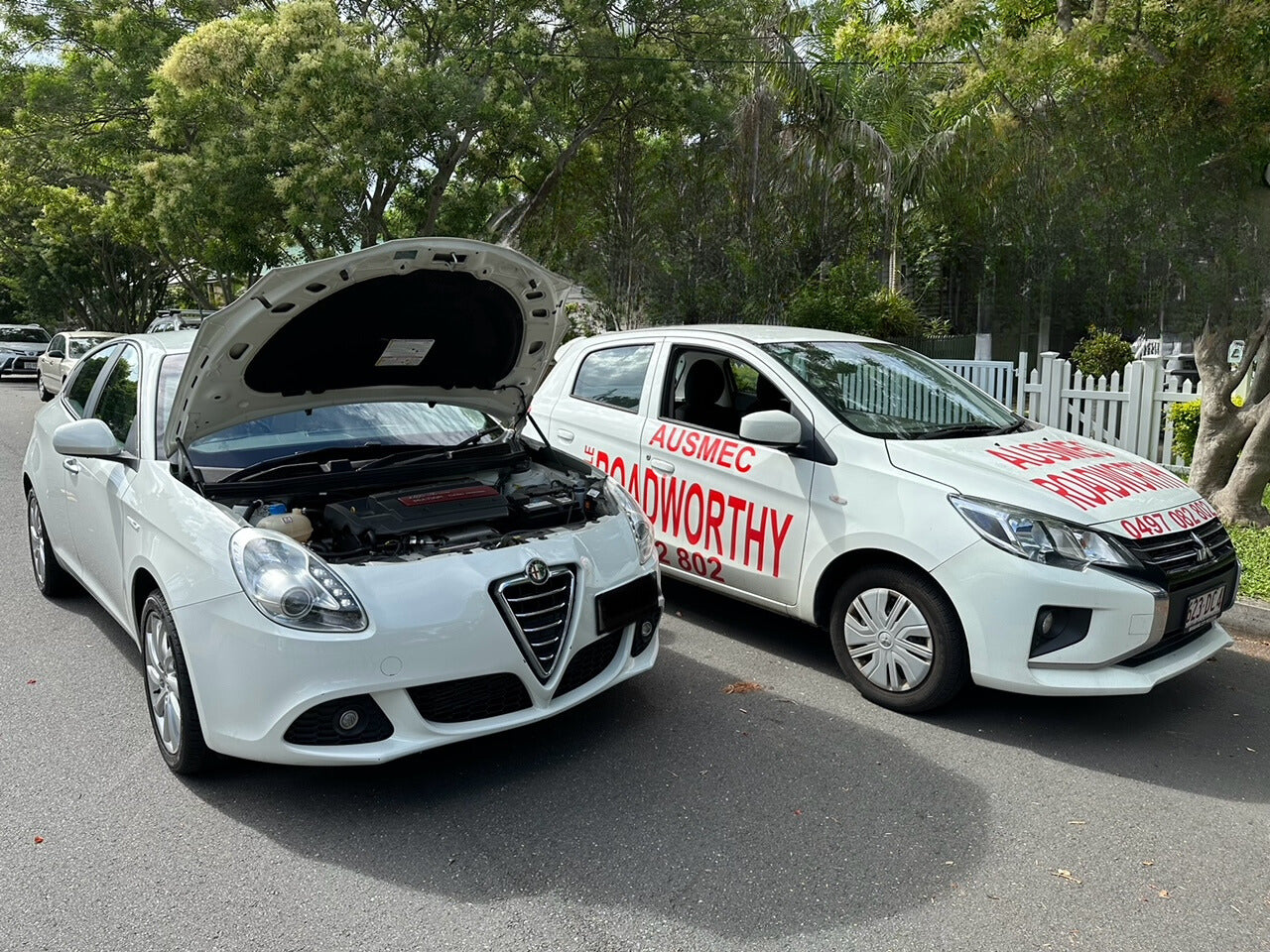Record Keeping
AIS Record Keeping Responsibilities in Queensland
Approved Inspection Stations (AIS) in Queensland play a crucial role in ensuring road safety by issuing Roadworthy Certificates (RWCs) for registered vehicles. To maintain accountability and ensure compliance with regulations, AIS operators are subject to specific record-keeping requirements outlined in the Transport Operations (Road Use Management) Regulation 2009 (the Regulation) by the Department of Transport and Main Roads (TMR).
Here's a breakdown of AIS record-keeping responsibilities, citing relevant sections of the Regulation:
Required Records (Regulation 181):
-
Inspection Records:
- For each inspection conducted, AIS must maintain a record containing (Regulation 181(a)):
- Date and time of the inspection.
- Make, model, and year of manufacture of the vehicle inspected.
- Vehicle Identification Number (VIN).
- Details of any modifications made to the vehicle.
- Outcome of the inspection (pass/fail).
- Details of any defects identified during the inspection.
- Name and signature of the qualified examiner who conducted the inspection.
- For each inspection conducted, AIS must maintain a record containing (Regulation 181(a)):
-
Roadworthy Certificates (RWCs):
- AIS must retain a copy of each issued RWC for a minimum period of two years from the date of issue (Regulation 181(b)).
Record Retention Period (Regulation 182):
- All inspection records and copies of RWCs must be kept for a minimum of two years from the date of the inspection or issuance (Regulation 182(a)).
- Records must be kept in a secure and readily accessible format, either electronically or in hard copy (Regulation 182(b)).
Record Availability (Regulation 183):
- AIS operators must make all inspection records and copies of RWCs available for inspection by an authorized officer of the department upon request (Regulation 183(a)).
- This includes providing physical copies or electronic access to the records as required by the officer (Regulation 183(b)).
Failure to Comply (Regulation 184):
- Non-compliance with record-keeping requirements may result in enforcement action by TMR, including penalties or suspension of the AIS approval.
Additional Considerations:
- While not explicitly mandated by the Regulation, it's good practice for AIS to maintain records of:
- Staff Training: Documentation of training undertaken by qualified examiners to ensure they possess the necessary skills and knowledge for conducting inspections.
- Equipment Maintenance: Records of maintenance and calibration performed on inspection equipment to guarantee its accuracy and reliability.
Importance of Record Keeping:
Meticulous record keeping by AIS is essential for several reasons:
- Demonstrates Compliance: Proper records provide evidence that AIS are conducting inspections according to the set standards and regulations.
- Facilitates Audits: TMR can use inspection and RWC records during audits to assess the overall performance and compliance of AIS operators.
- Investigates Complaints: Records can be valuable tools for investigating complaints against AIS regarding inspections or RWC issuance.
- Protects Consumers: Detailed inspection records can help identify potential safety concerns and ensure vehicles meet roadworthy standards.
By adhering to these record-keeping responsibilities, AIS operators contribute to a safe and transparent road transport system in Queensland.
Contact form
Ausmec Mobile RWC & Mechanics
Mobile Roadworthy (Safety certificate)
Share




